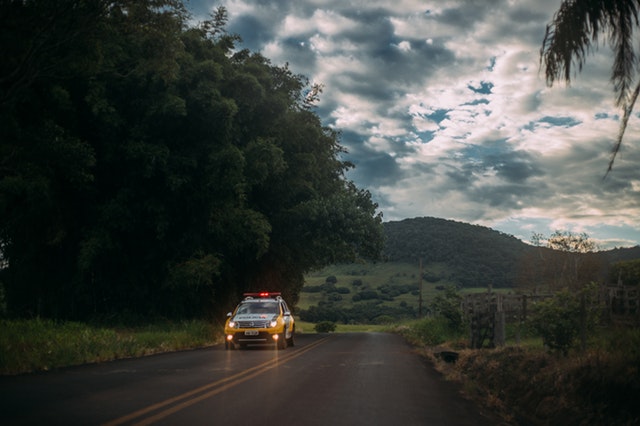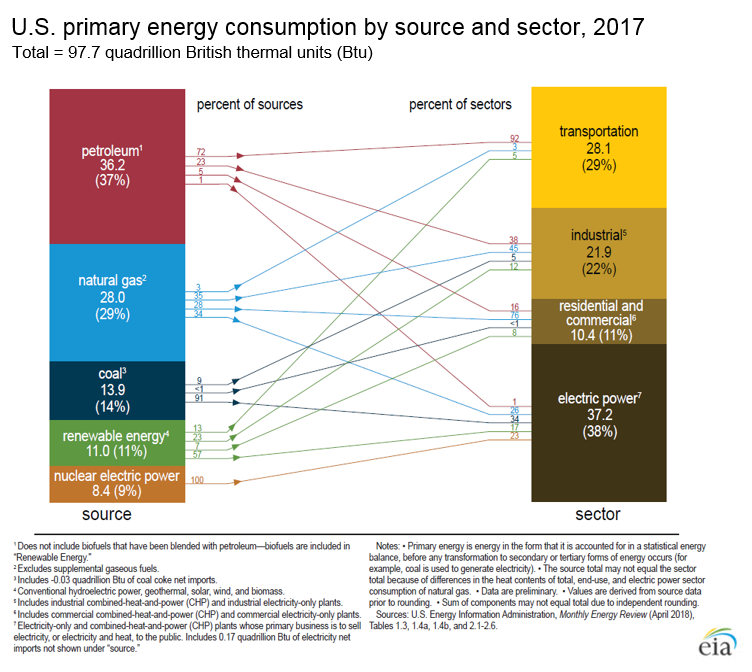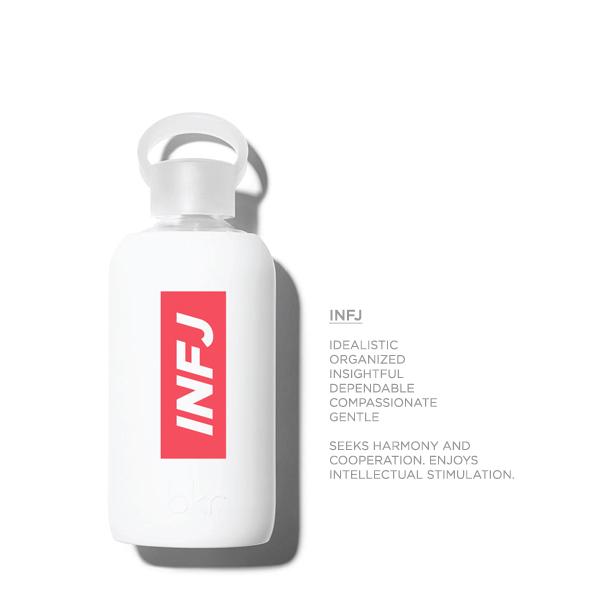
How to steer the course in a lawless society
They say that “rules are made to be broken,” and as any icon of fashion, art, cooking, or just about any field knows, there’s truth behind the cliche. Raise your hand if you’ve ever taken an extra long “lunch” when your boss is out of town? I thought so. The importance of loosening regulations that limit the development of ourselves and of our social norms is undoubtable, but some rules—like ones that protect our planet and health—shouldn’t be taken so lightly.
Last week Team Earth took another blow from the Trump administration, which declared it would ease up on Obama-enforced regulations on car emissions. The former goal was to double fuel efficiency 2025—giving cars 54 miles/gallon—but now car manufacturers will have the goal frozen at 37 miles/gallon after 2021. (Currently, the average is 24.7 miles/gallon.) The new laws will also revoke the rights of thirteen states who set their own emissions standards lower than those set by the federal government.
While it’s certainly true that car companies can design whatever they want, the legal battles ahead about who is in control of regulations will overall halt new fuel-improving technology, car manufacturers say. In other words, with the boss clearly out of the office, no one’s around to see that the entire staff goes out to a days-long lunch—only to come back to a global inferno of climate change.
Responsible citizens, however, don’t have to sit back and let the world burn. Instead, we Americans, with a history of feistiness when it comes to unfit rulers, can become our own police force. Setting standards for our own energy consumption has never been more vital, and yet often the little choices we make every day can be taken for granted. Here are some ways to keep raising your and your family’s bar for sustainability—and to show up for our own future even if the government doesn’t.
 Electricity: Thirty-eight percent of our energy use in 2017 came from electricity. Besides choosing energy efficient appliances in your home, try remembering to unplug your computer when it’s not charging and turning off the surge protectors that power your computing devices (modems, printers, etc.). Doing so will save 50W per day, which adds up to 438 kWh per year ($44 in savings on your electric bill!).
Electricity: Thirty-eight percent of our energy use in 2017 came from electricity. Besides choosing energy efficient appliances in your home, try remembering to unplug your computer when it’s not charging and turning off the surge protectors that power your computing devices (modems, printers, etc.). Doing so will save 50W per day, which adds up to 438 kWh per year ($44 in savings on your electric bill!).
Fossil fuels: Second on the list of energy usage is transportation (29%), which many of us take for granted as an invisible part of our days. We are used to being able to go where we want, when we want, and the importance of traveling to other places is real. With the car industry out to lunch, though, car owners will need to be more savvy about choosing models that comply with now-former standards of emissions and practicing fuel-efficient maintenance on their cars. We can also make choices about how we travel more broadly. If you’re a frequent flyer, consider that 1 plane trip can output three times as much CO2 per passenger as the same trip by bus.* When the travel bug starts to itch, consider visiting a place that’s within driving distance—or even enjoy the pleasures of your neighborhood with a rejuvenating staycation.
Plastics: We at PD are proud of how little plastic we use! But we’re not gonna lie—it’s hard. Today’s world is all about convenience, but it couldn’t be more convenient to change how you drink for the earth’s sake. Plastic straws may no longer be showing up on a beach near you, but investing in a reusable thermos can radically change your life for the better. With infinite varieties to choose from, it can be a personal statement of your fashion style, and sustainability style, in addition to saving 1,460 water bottles per year. BKR’s new Myers-Briggs-themed bottles are as conversation-starting as they are efficient. Plus, you can impose your own plastic-bag tax by making a nickel jar for yourself each time you use a plastic bag. When the jar is full, donate the money to a cause like Oceana, which protects oceans around the world.

BKR 500 mL water bottle, $40
Water pollution: Nutrient pollution from the use of chemicals in fertilizer and from animal waste is causing major damage to our waterways. When excess nitrogen and phosphorus enter the water, phytoplankton can grow and eat up all the oxygen that would normally go to fish and marine plants. Being vegan already cuts this footprint on water by 60 percent by cutting out reliance on livestock, but to go one step further set your sights on organic produce. These chemical-free versions of our best source of nutrition keep us and the planet safer, and they don’t need to cost more than conventional varieties. When you eat in-season, local farmers won’t overcharge the way food companies do on produce that’s out of season (think about the $8 you paid for 4 oz. of blueberries in February). Start your organic makeover with the Dirty Dozen—fruits and vegetables with the highest pesticide use (and thinnest skins overall).
How will you start your own #TeamEarth police force?
Also by Jennifer: I’m 3 Months Into My No-Buy Year—Why It’s Super Hard But *So* Worth It
This Is The #1 Way To Get Clear, Radiant Skin—And It Will Cost You $0
Related: What You Can Do Now to Fight Climate Change In Your City
Get more like this—Subscribe to our daily inspirational newsletter for exclusive content!

*Calculated based on the mileage from New York to Toronto: https://www.nationalgeographic.com/travel/features/carbon-footprint-transportation-efficiency-graphic/
__
